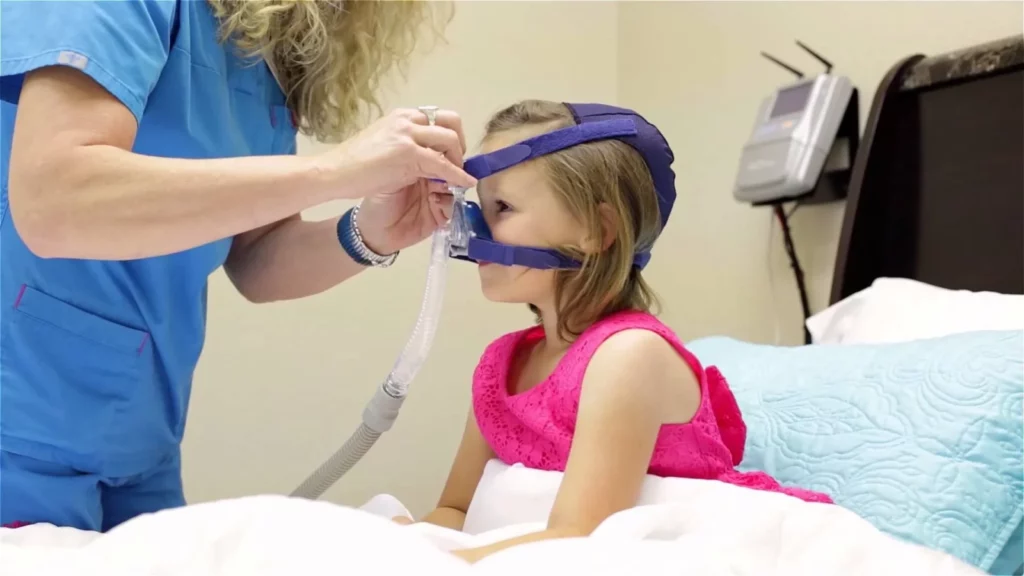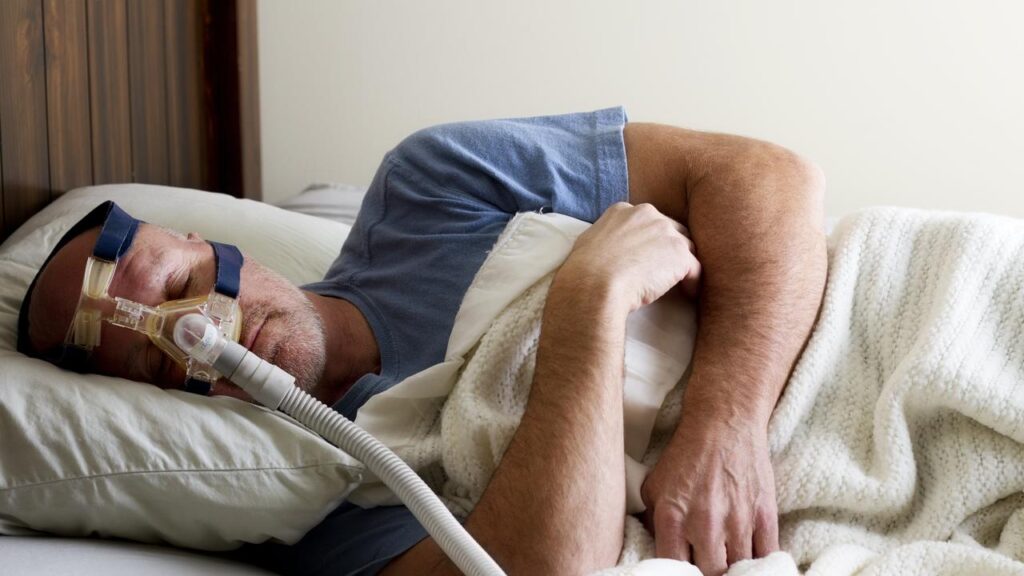
Bulk-Billed Sleep Apnea Testing for Affordable Diagnosis
Sleep apnea is a common yet often underdiagnosed condition that affects millions of individuals worldwide. Characterised by repeated interruptions in breathing during sleep, it can lead to a range of health issues, including cardiovascular problems, daytime fatigue, and impaired cognitive function. Given the serious implications of untreated sleep apnea, timely and accurate diagnosis is crucial. Fortunately, bulk-billed sleep apnea testing offers an affordable solution for many seeking diagnosis and treatment.
Understanding Sleep Apnea
Sleep apnea is primarily categorised into two types: obstructive sleep apnea (OSA) and central sleep apnea (CSA). OSA, the more prevalent form, occurs when the muscles at the back of the throat relax excessively, leading to a blockage of the airway. Conversely, CSA is less common and arises when the brain fails to send appropriate signals to the muscles that control breathing. Additionally, there is a third, less frequently discussed type known as complex sleep apnea syndrome, which is a combination of both OSA and CSA. This complexity can make diagnosis and treatment more challenging, as it requires a nuanced understanding of both types of sleep disruptions.
Bulk-billed sleep apnea test provides an affordable and accessible pathway for diagnosis and treatment of this common condition. By removing financial barriers and offering convenient testing options, more individuals can receive the care they need. Early diagnosis and intervention can lead to improved health outcomes and a better quality of life. For those experiencing symptoms of sleep apnea, seeking help through bulk-billed testing is a proactive step towards better health and well-being.
Symptoms of Sleep Apnea
The symptoms of sleep apnea can vary, but common indicators include loud snoring, gasping for air during sleep, excessive daytime sleepiness, and difficulty concentrating. Individuals may also experience mood swings, irritability, and a general decline in quality of life. In some cases, partners may notice these symptoms before the affected individual does, highlighting the importance of open communication in relationships. Recognising these symptoms is the first step towards seeking help and obtaining a diagnosis. Furthermore, untreated sleep apnea can lead to more severe health issues, including cardiovascular problems, stroke, and even diabetes, making it crucial to address the condition promptly.

Risk Factors
Several factors can increase the likelihood of developing sleep apnea. Obesity is a significant risk factor, as excess weight can contribute to airway obstruction. Other factors include age, gender (men are more likely to develop OSA), family history, and certain medical conditions such as diabetes and hypertension. Lifestyle choices, such as smoking and alcohol consumption, can also exacerbate the condition by relaxing the throat muscles further. Understanding these risk factors can help individuals assess their own risk and seek appropriate testing. Moreover, it is essential for those with a family history of sleep disorders to be vigilant, as genetic predispositions can play a significant role in the likelihood of developing sleep apnea. Regular check-ups and discussions with healthcare providers can aid in early detection and management of the condition, potentially improving overall health outcomes. Read more about genetic on https://medlineplus.gov/genetics/
The Importance of Diagnosis
Diagnosing sleep apnea is essential for effective management and treatment. Without proper diagnosis, individuals may suffer from the adverse effects of the condition without realising the underlying cause of their symptoms. A timely diagnosis can lead to interventions that improve sleep quality and overall health.
Consequences of Untreated Sleep Apnea
Failing to address sleep apnea can have serious health consequences. Chronic sleep deprivation can lead to cardiovascular issues, including high blood pressure, heart disease, and stroke. Additionally, untreated sleep apnea is linked to metabolic disorders, such as obesity and type 2 diabetes. The cognitive effects can also be profound, with individuals experiencing memory problems, difficulty concentrating, and an increased risk of accidents.
Benefits of Early Diagnosis
Early diagnosis and intervention can significantly improve quality of life. Treatment options may include lifestyle changes, the use of continuous positive airway pressure (CPAP) machines, or even surgical interventions in severe cases. By addressing sleep apnea early, individuals can reduce their risk of associated health problems and enhance their overall well-being.
What is Bulk-Billed Sleep Apnea Testing?
Bulk-billed sleep apnea testing refers to a diagnostic process where the costs are covered by Medicare or private health insurance, meaning patients do not have to pay out of pocket. This approach makes sleep apnea testing more accessible, particularly for those who may be deterred by the costs associated with traditional testing methods.
How Bulk-Billing Works
In bulk-billed services, healthcare providers bill Medicare directly for the cost of the service. Patients receive the service without any upfront payment, making it a financially viable option for many. This system is designed to ensure that essential medical services, such as sleep apnea testing, are available to all, regardless of financial circumstances.
Types of Sleep Apnea Tests
There are primarily two types of sleep apnea tests: in-lab polysomnography and home sleep apnea testing (HSAT). In-lab testing is conducted in a sleep centre, where patients are monitored overnight. This method provides comprehensive data on sleep patterns, breathing, and other physiological parameters. On the other hand, HSAT allows patients to conduct tests in the comfort of their own homes, using portable devices that monitor key indicators of sleep apnea.

Benefits of Bulk-Billed Sleep Apnea Testing
Bulk-billed sleep apnea testing offers several advantages, making it an appealing option for those seeking diagnosis and treatment. Accessibility, affordability, and convenience are among the key benefits that contribute to its growing popularity.
Increased Accessibility
One of the primary benefits of bulk-billed testing is increased accessibility. Many individuals may avoid seeking diagnosis due to the high costs associated with traditional testing. Bulk billing removes this financial barrier, allowing more people to access the testing they need. This is particularly important in rural or underserved areas, where healthcare services may be limited. Click here to know more about health care .
Cost-Effectiveness
Bulk-billed services are often more cost-effective than private testing options. Patients can receive the necessary diagnostic services without worrying about out-of-pocket expenses. This financial relief can encourage individuals to seek help sooner rather than later, ultimately leading to better health outcomes.
Convenience of Home Testing
Home sleep apnea testing offers the convenience of conducting tests in a familiar environment. Patients can sleep in their own beds, which may lead to more natural sleep patterns and accurate results. Additionally, the process is typically simpler and less intimidating than spending a night in a sleep clinic.
How to Access Bulk-Billed Sleep Apnea Testing
Accessing bulk-billed sleep apnea testing involves a few straightforward steps. Individuals suspecting they may have sleep apnea should begin by consulting with their general practitioner (GP). The GP can evaluate symptoms and, if necessary, refer the patient for testing.
Consulting Your GP
During the consultation, the GP will assess the patient’s medical history, discuss symptoms, and may perform a physical examination. If sleep apnea is suspected, the GP can provide a referral for bulk-billed testing. It is essential to communicate openly about symptoms and any concerns regarding sleep patterns during this appointment.
Choosing a Testing Provider
Once referred, patients can choose a testing provider that offers bulk-billed services. It is advisable to confirm that the chosen provider participates in the bulk-billing system to avoid unexpected costs. Many sleep clinics and home testing services offer bulk-billed options, making it easier to find a suitable provider.
Preparing for the Test
Preparation for sleep apnea testing may vary depending on the type of test being conducted. For in-lab testing, patients may be advised to avoid caffeine and alcohol on the night of the test. For home testing, specific instructions will be provided regarding the use of the monitoring device. Following these guidelines can help ensure accurate results.
What to Expect After Testing
After undergoing sleep apnea testing, patients will receive a report detailing the findings. This report will typically include information on the severity of sleep apnea, the number of apnoeas experienced per hour, and recommendations for treatment.
Interpreting Results
Understanding the results of a sleep study is crucial for effective management. A healthcare professional will explain the findings and discuss the implications for the patient’s health. Depending on the severity of sleep apnea, treatment options may range from lifestyle changes to the use of CPAP machines or other therapies.
Follow-Up Care
Follow-up care is an essential component of managing sleep apnea. Patients may need to return for additional consultations to monitor their progress and adjust treatment as necessary. Regular follow-ups ensure that the chosen treatment is effective and that any complications are addressed promptly.
Read more at: Finding a Reliable Sleep Apnea Test Near Me


